Scientific Committee & Faculty
2026 Scientific Committee
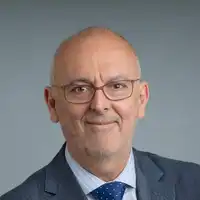
Gareth Morgan
NYU Langone Health, New York City, NY, USA
Co-Chair
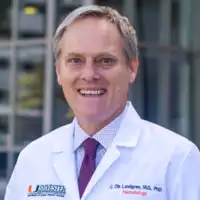
Ola Landgren
Sylvester Myeloma Institute, Miami, FL, USA
Co-Chair
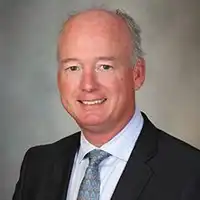
Leif Bergsagel
Mayo Clinic, Phoenix, AZ, USA
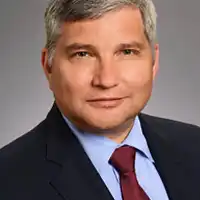
Lawrence Boise
Winship Cancer Institute, Emory University, Atlanta, GA, USA

Charlotte Pawlyn
The Institute of Cancer Research and The Royal Marsden NHS Foundation Trust, London, UK

Leo Rasche
University of Würzburg, Würzburg, Germany
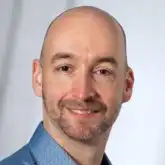
Niels Weinhold
Heidelberg University, Heidelberg, Germany
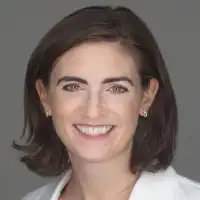
Ciara Freeman
Moffitt Cancer Center, Tampa, FL, USA
Emeritus Scientific Committee
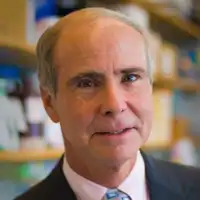
Kenneth Anderson
Dana-Farber Cancer Institute, Boston, MA, USA
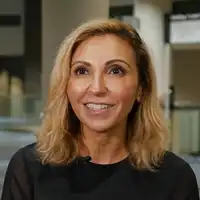
Irene Ghobrial
Dana-Farber Cancer Institute, Boston, MA, USA
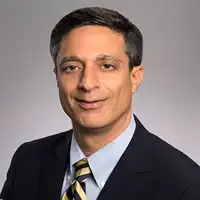
Sagar Lional
Winship Cancer Institute, Emory University, Atlanta, GA, USA

Keith Stewart
University Health Network, Toronto, ON, Canada
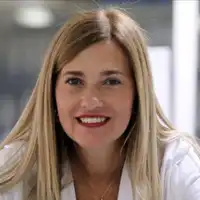
María Victoria-Mateos
University of Salamanca, Salamanca, Spain
